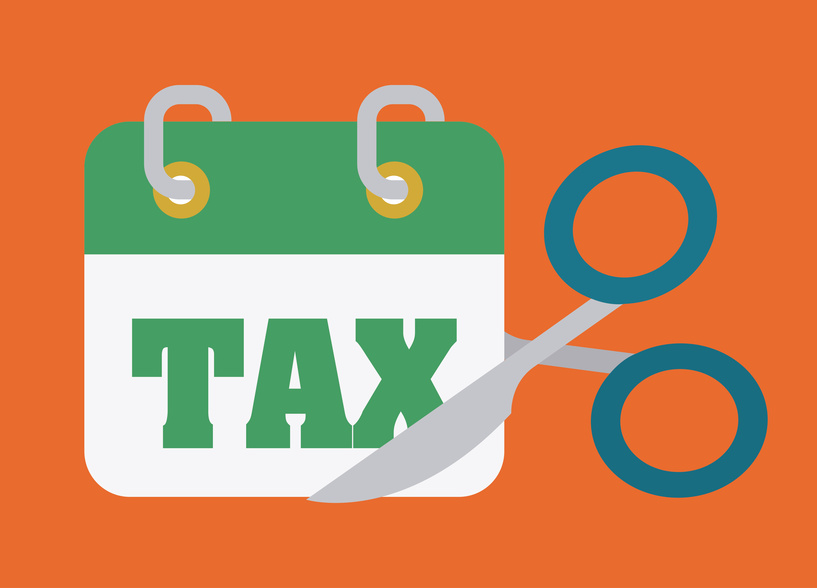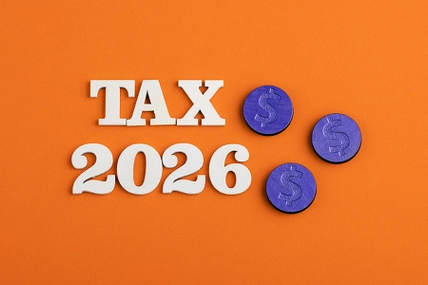Environmental protection tax is a popular type of tax that is applicable to commodities having bad impacts on the environment. So, what is the environmental protection tax? What are taxable objects?
1. What is the environmental protection tax?
Environmental protection tax is an indirect tax, the objectives are the products and goods which cause bad impacts on the environment. The definition of the environmental protection tax is prescribed clearly in the Clause 1, Article 2, Law on Environmental protection tax is prescribed as follows:
“1. Environmental protection tax means an indirect tax imposed on products
and goods (below collectively referred to as goods) which, when used, cause adverse impacts on the environment.”.
Accordingly, the taxpayers and taxable objects are not the ones. Speaking in other ways, taxpayers are the producers and businessmen, the taxable objects are the consumers of goods and services.

2. What are taxable objects?
Pursuant to Article 3, Law on Environmental protection tax 2010, Article 2, Decree No. 67/2011/ND-CP, and Article 1, Circular No. 152/2011/TT-BTC, taxable objects include:
(1) Petrol, oil, and grease, including:
- Petrol, except ethanol;
- Jet fuel;
- Diesel oil;
- Kerosene;
- Fuel oil;
- Lubricant;
- Grease
Note:
Petrol, oil, and grease specified in this Clause include all kinds of petrol, oil, and grease (below collectively referred to as petrol and oil) of fossil origin which are sold in Vietnam, excluding bio-preparations (such as ethanol, vegetable oil, animal fat, etc.).
For mixed fuel containing bio-fuel and petrol and oil of fossil origin, environmental protection tax shall be calculated and collected only for the volume of petrol and oil of fossil origin.
(2) Coals, including
- Lignite (brown coal);
- Anthracite coal;
- Fat coal;
- Other coals.
(3) Hydrochlorofluorocarbon (HCFC) solution, meaning a group of the ozone layer-depleting substances used as refrigerants in cooling equipment and semi-conductor industry, which are domestically produced, imported separately, or in imported refrigeration electric equipment.
(4) Taxable plastic bags (soft plastic bags) meaning thin plastic bags and packings made of high-density polyethylene (HPDE), low-density polyethylene (LDPE), or linear low-density polyethylene (LLDPE) resin, excluding environmentally friendly ready-made goods packings and plastic bags complying with the environmental protection law and the guidance of the Ministry of Natural Resources and Environment.
(5) Herbicides restricted from use.
(6) Termiticides restricted from use.
(7) Forest product preservatives restricted from use
(8) Storehouse disinfectants restricted from use
Details of herbicides restricted from use, termiticides restricted from use, forest product preservatives restricted from use and storehouse disinfectants restricted from use are specified in Resolution No. 579/2918/UBTVQH14.

3. Taxpayers of environmental protection tax
Pursuant to Article 5, Law on Environmental protection tax and Article 3, Circular No. 152/2011/TT-BTC, environmental protection taxpayers are producers and importers of taxable goods.
In some specific cases, environmental protection taxpayers are defined as follows:
- Entrusted importers shall pay environmental protection tax, regardless of the form of entrustment and of whether goods are exported and delivered to entrusting parties or entrusted parties.
- Producing and processing organizations, households, and individuals that are concurrently entrusted to sell goods into the Vietnamese market shall pay environmental protection tax In case processing organizations, households, and individuals are not entrusted to sell goods, processing ordering organizations, households, and individuals shall pay environmental protection tax when selling goods in Vietnam
Organizations, households, and individuals that act as principal procurers of coal exploited on a small and scattered scale but fail to produce documents evidencing that environmental protection tax has been paid for the goods shall pay tax.
Here are the regulations on environmental protection tax and the taxable objects.



![[Update now] Personal income tax policies 2026: 05 major changes](https://image3.luatvietnam.vn/uploaded/500x285twebp/images/original/2026/02/25/update-now-personal-income-tax-policies-2026-five-major-changes_2502135544.jpg)







